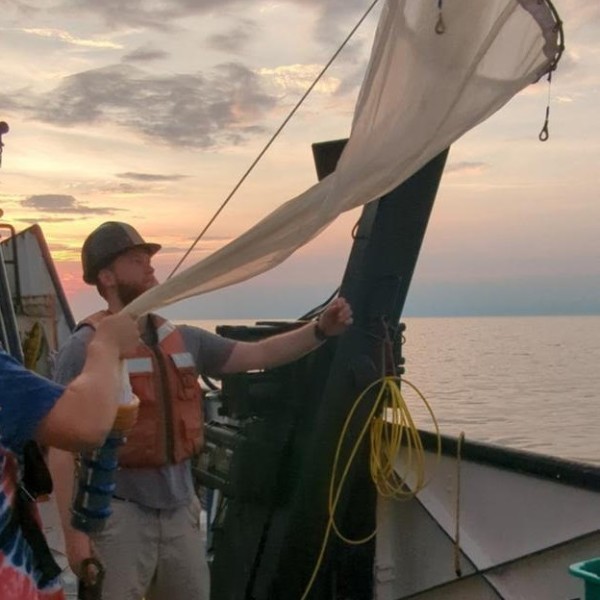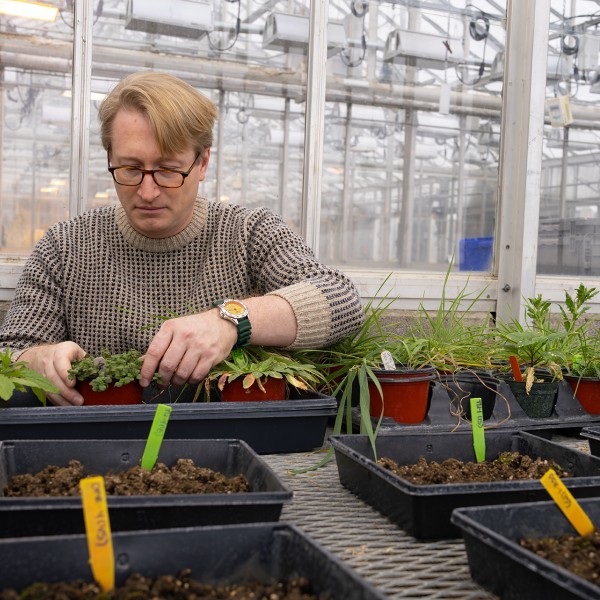Academic focus: Ecology, evolution and genomics of aquatic microbial communities
Research summary: My lab studies the microbial inhabitants of aquatic ecosystems through a combination of field, molecular and computational approaches. Despite their tiny size, microbes are major nutrient recyclers and can have huge system-level impacts, especially in freshwater ecosystems. They can cause partial or complete deoxygenation of bottom waters or large-scale harmful cyanobacterial blooms, so I am particularly interested in how environmental variation due to climate change impacts the activity, biodiversity, community structure and succession, and genome dynamics of aquatic microbial communities. I also have a special interest in aquatic microhabitats, like particulate organic matter, within these systems, as they tend to be microbial meeting points and have a different ecological and evolutionary trajectory than microbes that live freely in the water.
Why did you feel inspired to pursue a career in this field?
When I was growing up, I was excited to become a welder, but as part of my liberal arts degree, I took an intro microbiology course called The Unknown Microbial Majority that changed my trajectory. I participated in an NSF-funded Research Experience for Undergraduates program, where I studied one of the most charismatic microbes: magnetotactic bacteria (yes, they are bacteria that create magnets inside of their cells!). Later, in graduate school I combined my love for microbes with my love for freshwater ecosystems, which stemmed from growing up in the Great Lakes region.
What (specifically) brought you to Cornell CALS?
Here at Cornell, the Department of Microbiology is specifically designed for molecular and environmental microbiologists to interact, and I’m so grateful and excited to be a part of this community. I’m also thrilled to bridge across departments and be a part of the larger cohort of amazing researchers in aquatic ecology. Cornell has a storied history of limnological research, and I cannot wait to collaborate with and develop my research program to study the Finger Lakes, Great Lakes and/or use resources like the Cornell experimental ponds.
What do you like to do when you’re not working?
In 2018, I started trail running and recently completed my first 100km, and I am hoping to build a running community here in Ithaca. I also enjoy hiking, baking (especially cookies!), swimming and spending quality time with friends, family and my dog.
What’s the most surprising/interesting thing you’ve discovered about Cornell and/or Ithaca so far?
In December I attended the annual Rutabaga Curl at the Ithaca Farmers Market, which is a unique and special celebration of the final outdoor farmers market of the season before moving indoors for the winter. In addition, as a trail runner, it was so amazing to learn that the 950-mile Finger Lakes trail passes just south of Ithaca!
Learn more about Marian at https://marschmilab.github.io/.





